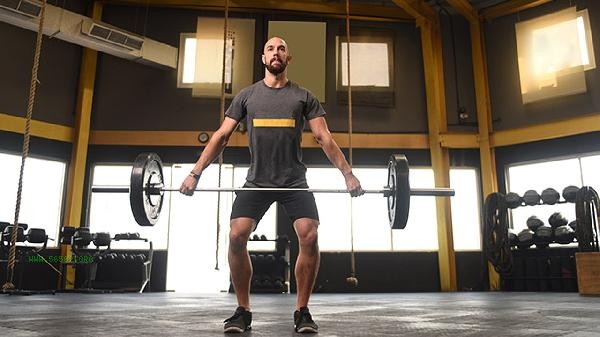It is not recommended to eat junk food during exercise, mainly because junk food can affect fitness effectiveness, hinder muscle recovery, increase fat accumulation, reduce exercise performance, and disrupt nutritional balance.

1. Impact on fitness effectiveness
Junk food usually contains a large amount of refined sugar and trans fat, which can quickly raise blood sugar and stimulate insulin secretion, making it easier for the body to store fat rather than burn it. The characteristic of high calorie and low nutrition can offset the calories consumed during exercise, making it difficult to achieve weight loss or muscle gain goals. Long term intake may cause metabolic disorders and affect hormone level regulation.
2. Hindering muscle recovery
Muscle fibers require protein and antioxidants for repair after exercise, but junk food lacks high-quality protein and micronutrients. Late glycation end products in fried foods can exacerbate inflammatory reactions and slow down recovery rates. Phosphoric acid in carbonated beverages can also interfere with calcium absorption and affect bone health.
3. Increase fat accumulation
Snacks such as potato chips and cookies contain extremely high calorie density, with 100 grams of potato chips equivalent to 3 bowls of rice. Trans fats can deposit around the internal organs to form stubborn fat, which is difficult to metabolize and associated with various chronic diseases. Nighttime intake is more likely to be converted into fat storage.

4. Reduced athletic performance
High salt foods can lead to dehydration, affecting endurance and explosive power during exercise. Sugary drinks can cause blood sugar fluctuations and may lead to dizziness and fatigue during training. Digesting fried foods requires a large amount of blood to flow to the gastrointestinal tract, reducing muscle oxygen supply.
5. Disrupting Nutritional Balance
Junk food occupies daily calorie intake but does not provide essential nutrients such as vitamins and minerals. Long term consumption can lead to nutritional deficiency obesity, where weight gain occurs but muscle mass decreases. Additives in processed foods may disrupt the balance of gut microbiota.

During fitness, it is recommended to choose natural unprocessed ingredients such as chicken breast, broccoli, brown rice, etc. These foods can provide sustained energy and promote muscle synthesis. Timely supplement with a 3:1 ratio of carbohydrates to protein diet after exercise, such as pairing bananas with sugar free yogurt. Pay attention to drinking 30 milliliters of water per kilogram of body weight daily and avoid sugary drinks. Develop the habit of checking food ingredient lists and be wary of hidden trans fats and added sugars. Maintaining a regular eating frequency and supplementing with nutrients every 3-4 hours can effectively control cravings for junk food. If you want to satisfy your cravings, you can choose healthy alternatives such as roasted nuts without additives or homemade fruit smoothies.







Comments (0)
Leave a Comment
No comments yet
Be the first to share your thoughts!